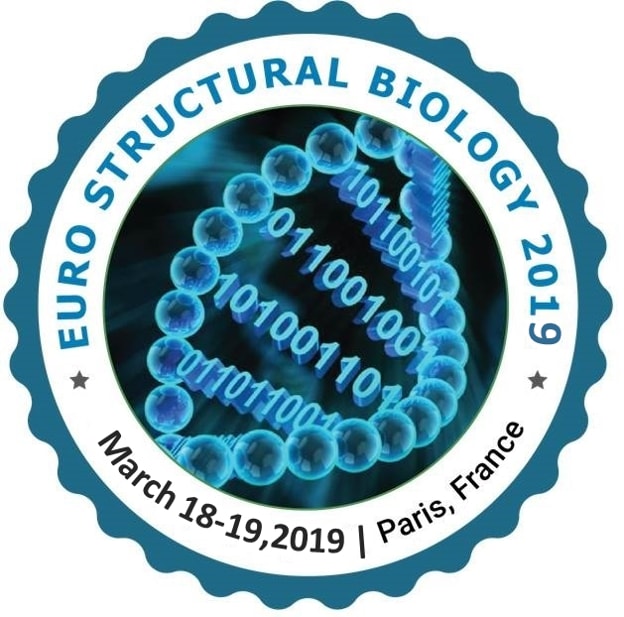
Amir Zeb
Gyeongsang National University, Republic of Korea
Title: Understanding Inhibitory Mechanism of the Selective Inhibitors of Cdk5/p25 Complex by Molecular Modeling Studies
Biography
Biography: Amir Zeb
Abstract
Neurotoxic insults activate calpain, which in turn produces truncated p25 from p35. p25 forms hyperactivated Cdk5/p25 complex, and thereby induces severe neuropathological aberrations including hyperphosphorylated tau, neuroinflammation, apoptosis, and neuronal death. Inhibition of Cdk5/p25 complex alleviates aberrant phosphorylation of tau to mitigate AD pathology. PHA-793887 and Roscovitine have been investigated as selective inhibitors of Cdk5/p25 with IC50 values 5nM and 160nM, respectively, but their mechanistic studies remain unknown. Herein, computational simulations have explored the binding mode and interaction mechanism of PHA-793887 and Roscovitine with Cdk5/p25. Docking results suggested that PHA-793887 and Rsocovitine have occupied the ATP-binding site of Cdk5 and obtained highest docking (GOLD) score of 66.54 and 84.03, respectively. Furthermore, molecular dynamics (MD) simulation demonstrated that PHA-793887 and Roscovitine established stable RMSD of 1.09 Å and 1.48 Å with Cdk5/p25, respectively. Profiling of polar interactions suggested that each inhibitor formed hydrogen bonds (H-bond) with catalytic residues of Cdk5 and could remain stable throughout the molecular dynamics simulation. Additionally, binding free energy calculation by molecular mechanics/Poisson–Boltzmann surface area (MM/PBSA) suggested that PHA-793887 and Roscovitine had lowest binding free energies of -150.05 kJ/mol and -113.14 kJ/mol, respectively with Cdk5/p25. Free energy decomposition demonstrated that polar energy by H-bond between the Glu81 of Cdk5 and PHA-793887 is the essential factor to make PHA-793887 highly selective towards Cdk5/p25. Overall, this study provided substantial evidences to explore mechanistic interactions of the selective inhibitors of Cdk5/p25 and could be used as fundamental considerations in the development of structure-based selective inhibitors of Cdk5/p25.

